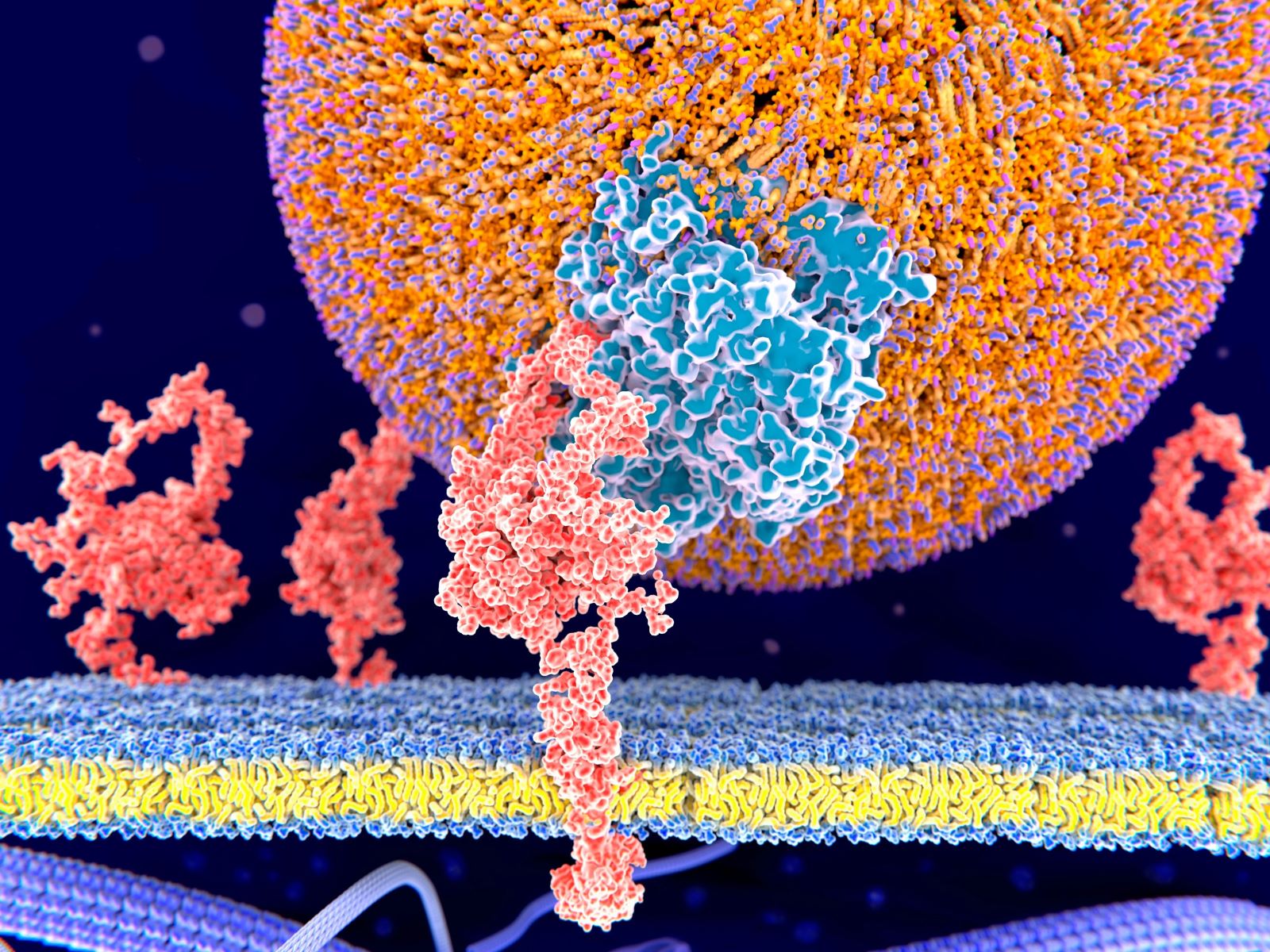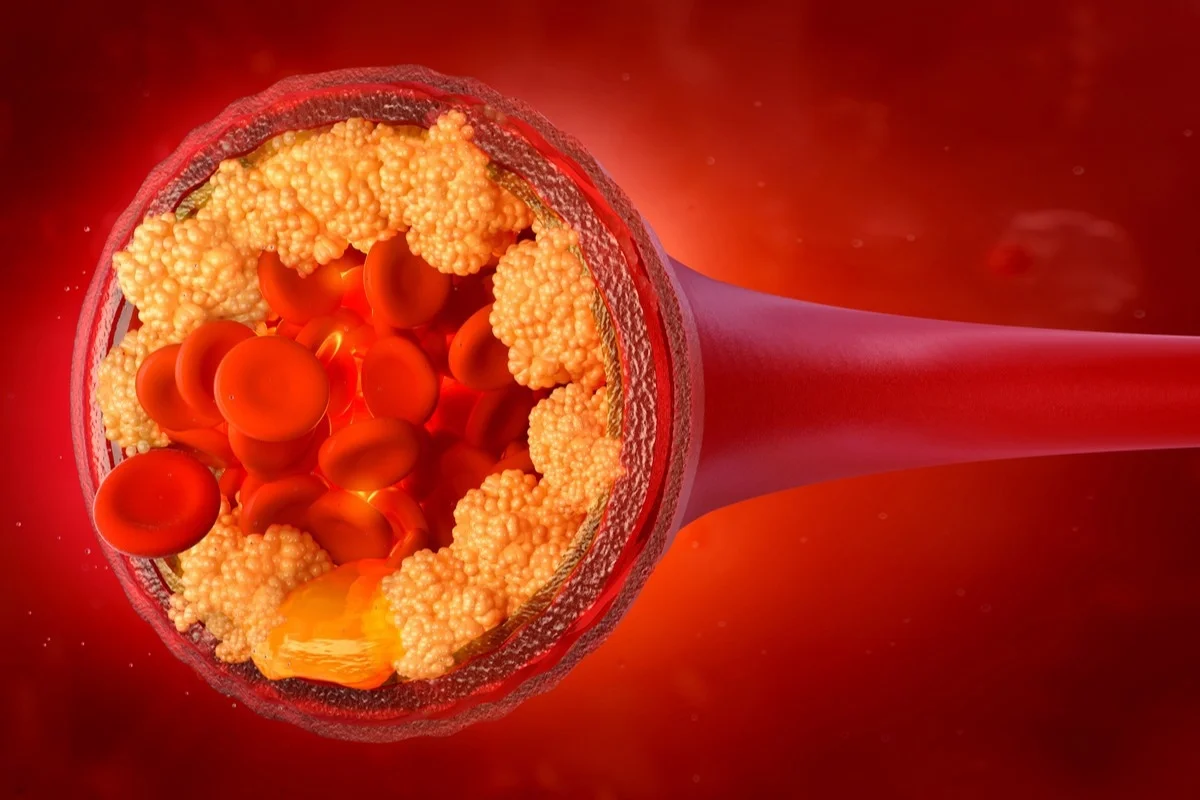In its maiden human trial, the experimental drug muvalaplin achieved significant reductions in vessel-clogging cholesterol-carriers.
Funded by Eli Lilly, the study marks a potential breakthrough in combating a type of lipoprotein linked to cardiovascular disease, the primary global cause of death.
Lipoproteins are compounds comprising protein and fat that transport cholesterol throughout the body via the bloodstream.
While cholesterol is essential for cellular functions, lipoprotein(a), or Lp(a), is particularly adhesive and can lead to blood vessel blockages when excessively accumulated.
Recent research has connected high levels of Lp(a) with heart diseases, poor circulation, and strokes.
Traditional methods like diet changes and increased exercise have had minimal impact on lowering Lp(a), prompting researchers to look for novel approaches targeting its formation.
“Muvalaplin is the first oral agent designed specifically to reduce lipoprotein(a) levels by disrupting its formation,” explained Monash Health cardiologist Stephen Nicholls and his colleagues.
In a randomized, double-blind trial, Nicholls and his team evaluated muvalaplin on 114 volunteers of diverse demographics, ranging from 18 to 69 years old.
Initially, 55 healthy participants underwent safety assessments, receiving a single dose of muvalaplin ranging from 1 mg to 800 mg, or a placebo.

Subsequently, 59 healthy participants with increased Lp(a) levels received either a placebo, oral doses of 30 mg, or doses up to 800 mg.
Within 24 hours of the initial dose, plasma levels of Lp(a) significantly decreased, with reductions of up to 65 percent observed over the trial period.
Moreover, the lowered Lp(a) levels persisted for up to 50 days after the final dose, without impacting other lipid levels, and were well-tolerated by all participants.
Phase one clinical trials primarily aim to establish the safety of a new compound in humans, meticulously assessing potential side effects.
Throughout the study, participants reported a total of 175 adverse events, such as mild headache, back pain, fatigue, nausea, and diarrhea. None of these side effects varied in frequency with dosage, and all resolved without lasting consequences.
“Based on these initial phase one clinical findings, muvalaplin effectively lowers Lp(a) levels without significant adverse effects,” concluded Nicholls and his team.
While these results are promising, the study’s small scale necessitates further research to ascertain the drug’s efficacy.
Muvalaplin is currently progressing to phase two clinical trials, which will involve a larger participant pool to validate its effectiveness with greater statistical power before evaluating long-term risks over multiple years.
